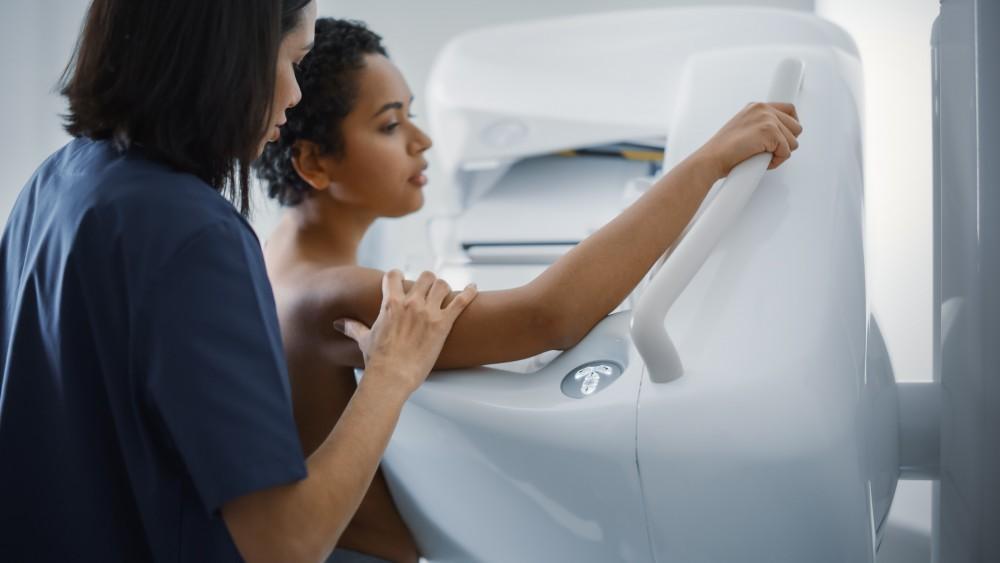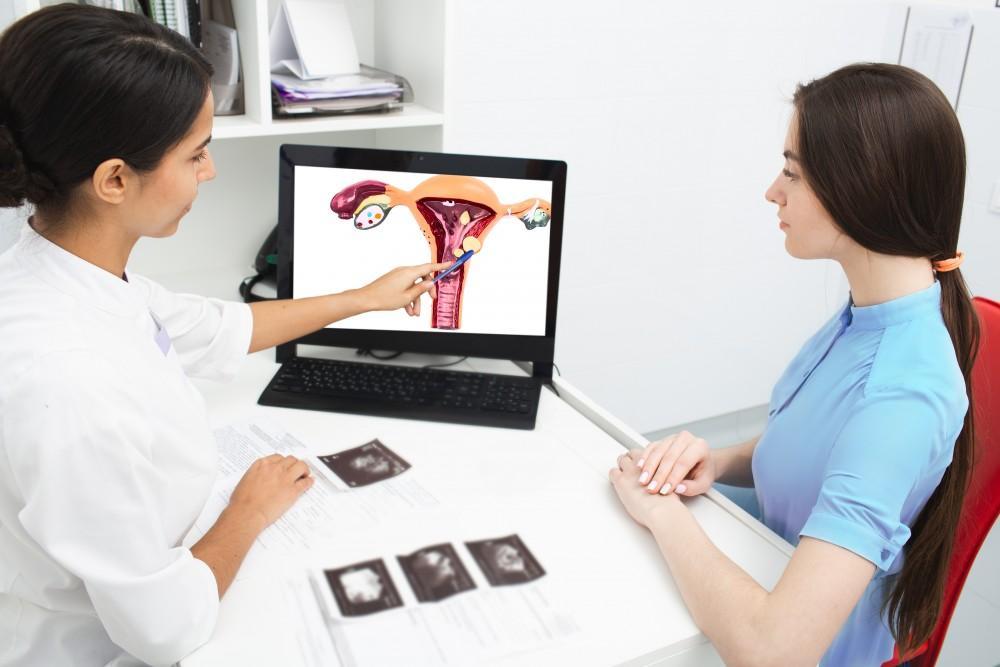
What to Expect From Your First 3D Mammogram
A mammogram is an X-ray of your breasts. It’s the best way to identify early...
Read MoreWhen it comes to your menstrual cycle, there’s a broad definition of what’s considered “normal.” A normal cycle lasts 21-35 days, and a normal period lasts 2-7 days.
While every woman’s cycle is slightly different, your cycle and period should last about the same amount of time each month. So what does it mean when your menstrual cycle and your periods start to change?
If you've noticed that your periods are becoming irregular or different, you’re probably wondering what's behind it.
Our team at The Women’s Center specializes in diagnosing and treating gynecologic conditions, including irregular menstruation. Here, we explore some possible reasons for irregular periods and what you can do to regulate your cycle.
First of all, it's important to understand that menstrual periods are considered irregular if they occur more often than every 21 days or less often than every 35 days. Your periods may also be irregular if length or flow varies significantly from cycle to cycle.
A few of the most common causes of irregular periods are:
Stress can have a major impact on your menstrual cycle. When you're stressed, your body produces high levels of the hormone cortisol. This hormone can interfere with the hormones that regulate your menstrual cycle, causing your periods to become irregular.
Weight changes can also affect your menstrual cycle. If you gain or lose a significant amount of weight in a short period of time, your body may struggle to regulate your hormones. Dramatic weight changes may also come along with high stress, and these two factors combine to make your periods more unpredictable.
Some types of birth control, like oral pills, can make your menstrual cycle more predictable. But other types, like intrauterine devices (IUDs) and injections, can make your period irregular, lighter, or absent. Certain other medications, like antidepressants and antipsychotics, can also affect your menstrual cycle.
PCOS is a common gynecologic condition characterized by hormonal imbalance. It interferes with ovulation, which can make your periods irregular or infrequent. Some women with PCOS stop getting periods completely.
Your menstrual periods stop completely when you enter menopause. But in the time leading up to menopause, irregular periods are very common. During perimenopause, your hormones start declining, and this change makes your periods irregular and unpredictable.
If your periods have changed, it’s important to talk to your doctor to find out what’s causing it. We offer comprehensive gynecology physicals at our offices in the Orlando, Florida, area, and we can help you find ways to regulate your cycle.
We review your symptoms and medical history, along with any medications you’re taking. We ask questions about your lifestyle and stress levels. Once your exam is done, we talk with you about treatment options.
Managing stress and maintaining a healthy weight can help your hormone levels rebalance naturally. If your irregular periods are linked to medication or PCOS, we may recommend trying different medications to regulate your hormones and your cycle.
While there’s no way to make periods more regular during perimenopause, other treatments are available. Hormone replacement therapy can ease other symptoms that often come along with declining hormone levels.
Irregular periods can leave you wondering what’s going on with your body, and we’re here to help you find answers. Schedule an appointment at The Women’s Center online or call the office nearest you today.




A mammogram is an X-ray of your breasts. It’s the best way to identify early...
Read More
About 1 in 10 women has ovarian cysts. These small growths form on your ovaries,...
Read More
If you and your partner have decided you’re ready to start growing your family, you’re...
Read More